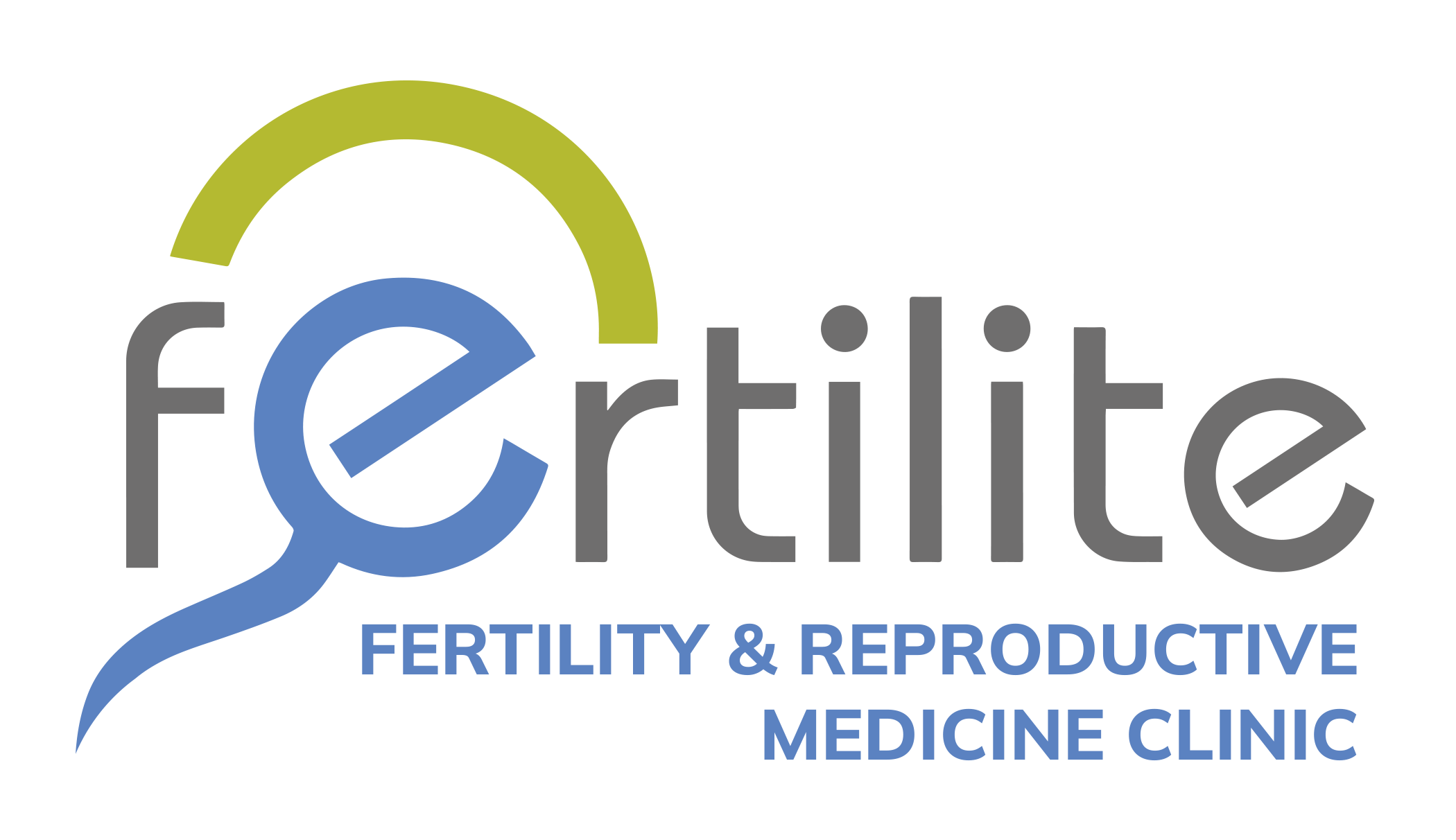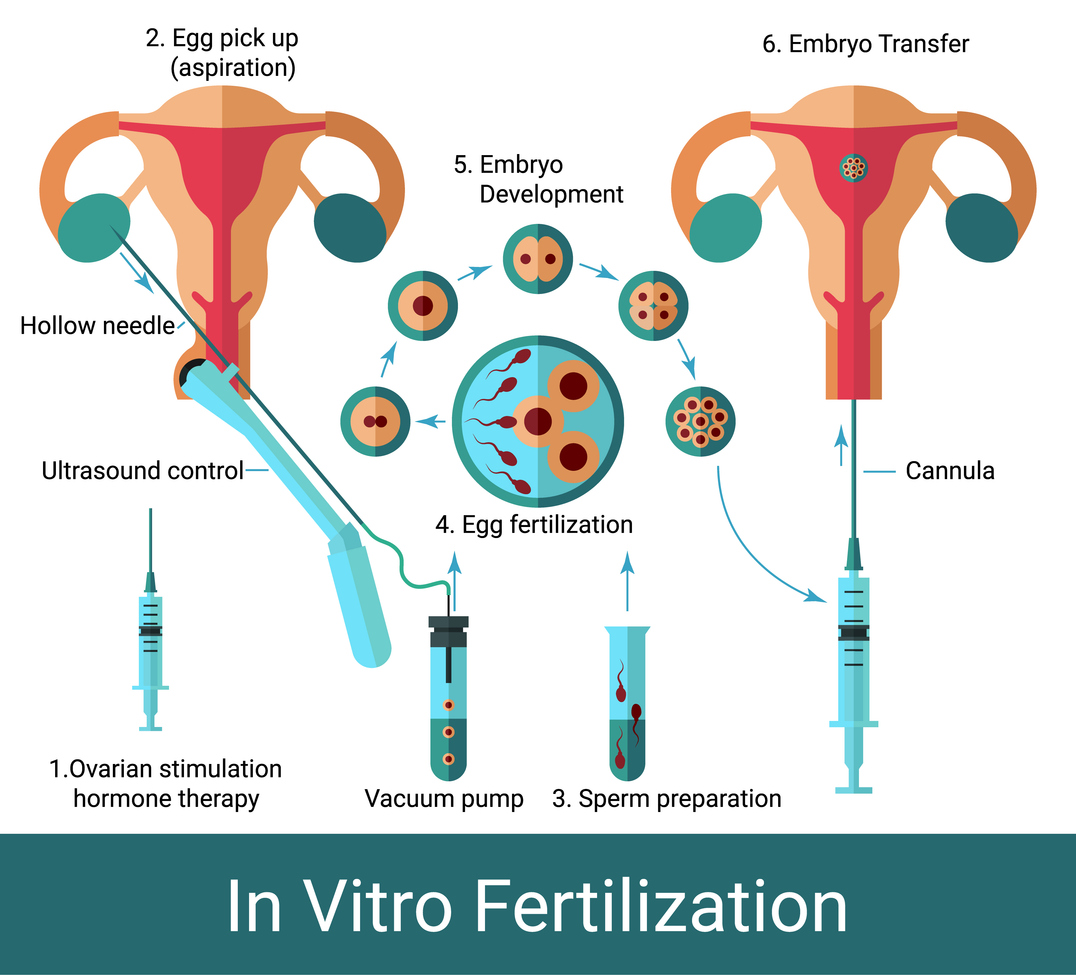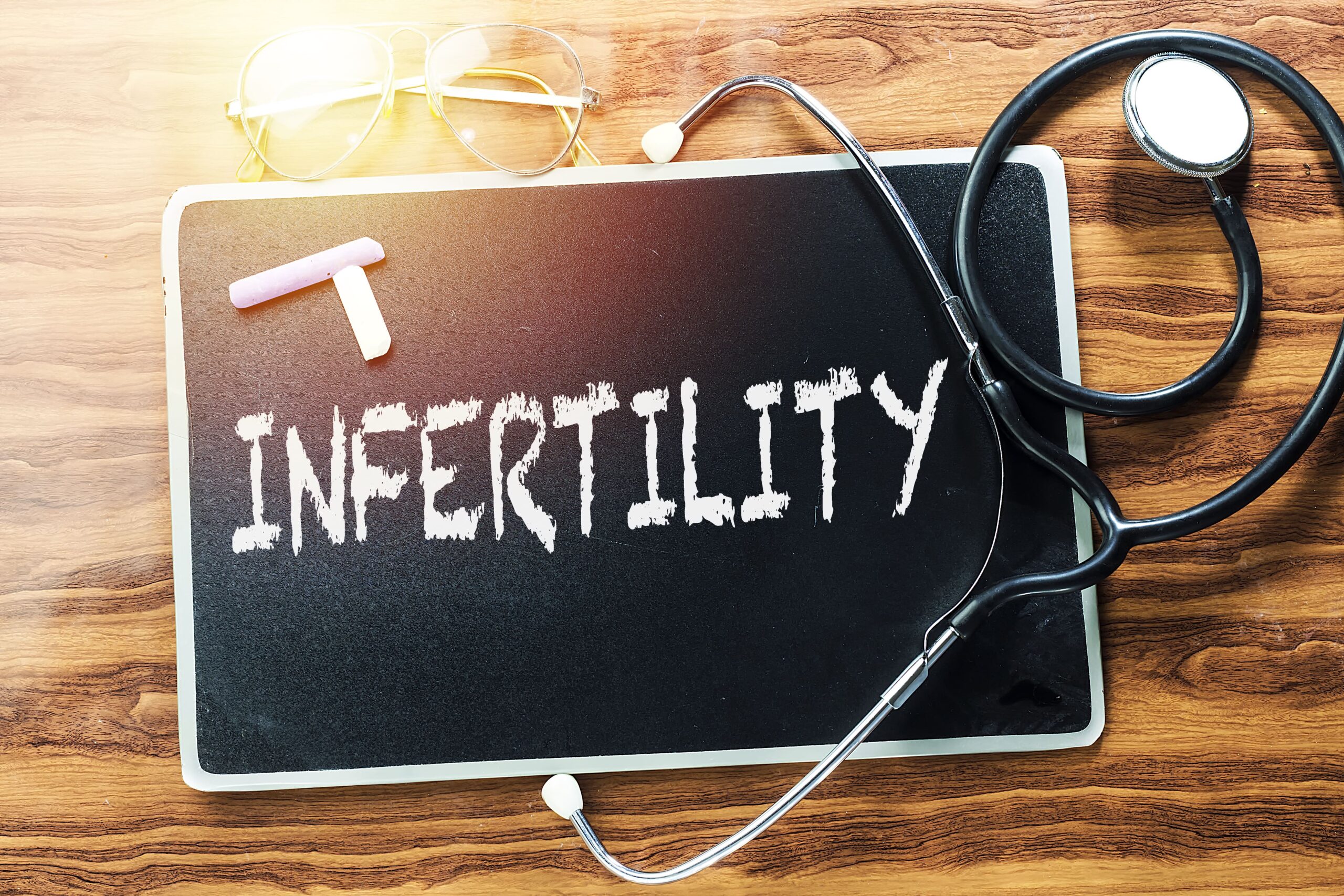In the quest for parenthood, many couples find themselves exploring various paths that could lead them to the joys of raising a child. One such path, which has proven fruitful for many, is In Vitro Fertilization (IVF). IVF is a complex series of procedures used to help with fertility or prevent genetic problems and assist with the conception of a child. But how does one go about preparing for in vitro fertilization? This comprehensive guide aims to provide insights into the IVF process and share tips on how to physically and mentally prepare for this journey.
Understanding the Basics of IVF
Before you begin your preparations, it’s crucial to understand the basics of in vitro fertilization. IVF involves several stages, including ovarian stimulation, egg retrieval, fertilization, and embryo transfer. Each of these stages is critical and requires careful planning and preparation (Speroff, 2019).
Ovarian Stimulation
Ovarian stimulation is the first step in the IVF process. Your doctor will administer hormonal medications to stimulate your ovaries to produce multiple eggs. This stage typically begins on the second or third day of your menstrual cycle and lasts for about 10 to 14 days. During this time, you will undergo several follicle-monitoring ultrasounds to track your progress.
Egg Retrieval
Once your follicles have grown to the appropriate size, and your hormone levels are suitably elevated, it’s time for egg retrieval. This procedure is performed under anesthesia and involves extracting the mature eggs from your ovaries.
Fertilization and Embryo Development
The retrieved eggs are then fertilized with sperm in a lab, either through conventional insemination or intracytoplasmic sperm injection (ICSI). The fertilized eggs, now embryos, are cultured for 5-7 days, during which they go through various stages of development.
Embryo Transfer
The final stage is the embryo transfer. This procedure typically takes place between days 19 and 21 of your menstrual cycle. After the transfer, a pregnancy blood test is carried out approximately 10 days post-implantation to confirm if the procedure was successful.
Setting Expectations and Goals
Before embarking on your IVF journey, it’s essential to have realistic expectations and clearly defined goals. Some couples view IVF as a fertility preservation tool, opting for egg or embryo freezing for future use. Others may aim for a pregnancy as soon as possible.
It’s also crucial to discuss with your doctor the number of embryos to be transferred, how to handle extra eggs or embryos, and whether to use donor eggs, sperm, or a surrogate if necessary. Understanding your goals can help guide the decisions you make throughout the IVF process.
Financial Planning
IVF can be a costly procedure, and it’s important to understand the financial implications before you start. Determine whether your insurance covers the treatment and what out-of-pocket costs you may incur. It’s also beneficial to explore available financing options and IVF discount programs to ease the financial burden.
Compliance Checklist
Before starting your IVF cycle, ensure you have completed all necessary medical tests and examinations. These could include ovarian reserve testing, semen analysis, infectious disease screening, and a uterine cavity exam. It’s important to cross-check all these requirements with your fertility team to avoid any unexpected issues during the process.
Physical Preparation
Your physical health plays a crucial role in the success of your IVF cycle. Maintain a balanced diet rich in whole grains, vegetables, fruits, lean proteins, and healthy fats (Gnoth & Schuring, 2018). Stay hydrated, get regular exercise, and ensure you get enough sleep. Avoid smoking, excessive alcohol, and high-mercury foods.
Emotional Preparation
Undergoing IVF can be a stressful and emotional journey. It’s crucial to take care of your mental health during this time. Engage in stress-relieving activities, such as meditation, yoga, or simply taking time out for yourself. Support from a mental health professional or a support group can also be beneficial.
Getting Organized
Stay organized during your IVF journey. Keep track of your medications, appointments, and any questions you may have for your doctor. Having everything in order can significantly reduce the stress associated with the IVF process.
Navigating Relationships
IVF can put a strain on relationships. Open communication with your partner is essential. Discuss your feelings, concerns, and expectations with each other. Support each other through each stage of the process and remember that you’re in this together.
Seek Professional Support
Consider seeking support from a fertility coach or counselor. They can provide emotional support, help you manage stress, and guide you through the IVF process. Professional support can be invaluable during this challenging time (ASRM, 2020).
Finally, remember that preparing for in vitro fertilization is a personal journey. What works for one person may not work for another. Listen to your body, seek professional advice, and take one step at a time. With the right preparation and mindset, you can navigate the IVF process with confidence and optimism.
References:
American Society for Reproductive Medicine (ASRM). (2020). https://www.asrm.org
Gnoth, C., & Schuring, A. N. (2018). Reproductive Medicine for Clinical Practice: A Practical Guide. Springer.
Speroff, L., Fritz, M. A., & Taylor, H. S. (2019). Clinical Gynecologic Endocrinology and Infertility. Elsevier.




